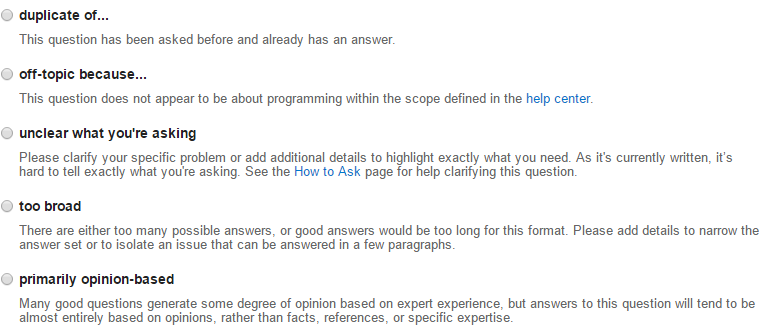In theory, it's a gentler way to inform someone that their question may not meet the standards of the site.
Since the word "closed" sounds absolute and final, many people would get put off of it, since they weren't aware of (or were disillusioned by) the reopening process, in which if a question were brought up to standards, it could get reopened.
In practice, there's not all that much difference.
Questions that are put "on hold" become "closed" after about five days.
1 out of 10 questions were put on hold/closed in the last 30 days, and of those, on average 11% of them were reopened, not counting duplicates (which enjoy a higher-than-average reopen rate).
The intention is explained on Meta.SE as well as the blog post, in that we don't want an incomplete yet salvageable question to get an incomplete answer, nor do we want to make it seem like we're being snooty or stuck up in that one's question simply wasn't good enough for the site and should be locked away, never to seen again1.
So, this gives the OP a chance. A seeming slim chance, but a chance nonetheless, to have their question reopened. I believe to some extent that the rewording has worked, although there are a lot of questions which simply don't get reopened (and for the most part, that's a good thing).
1: There are terrible questions about it, but there are nicer ways to break it to someone.
